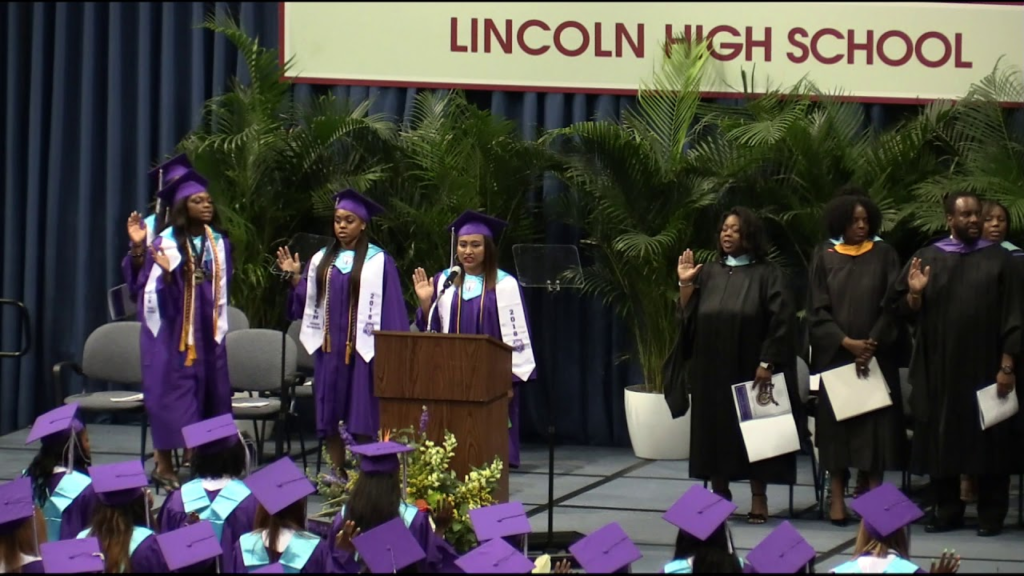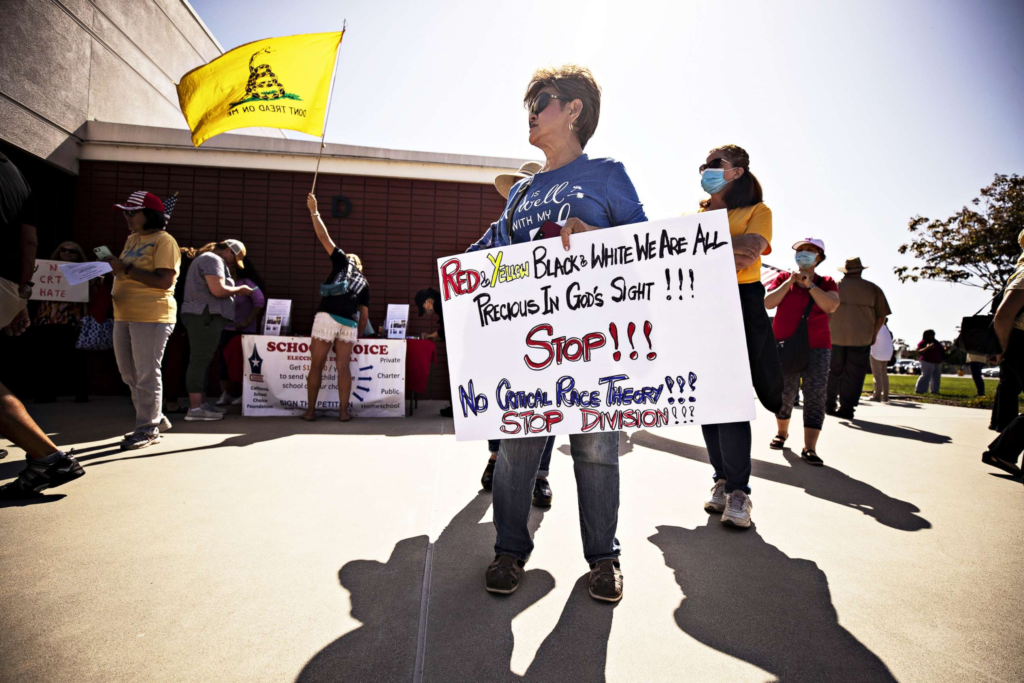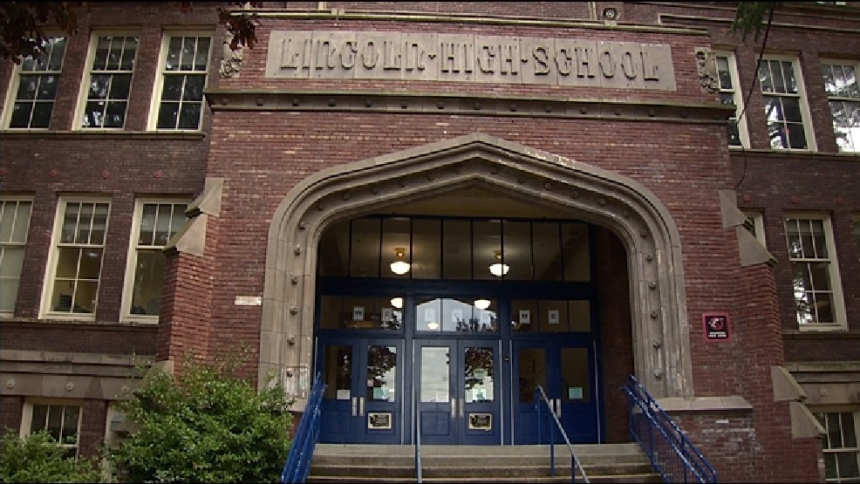Debate at Lincoln High School : A discussion concerning the ‘Worship of Written Word’ as a feature of white supremacy is sparked by a lesson on the subject at Lincoln High School. Some argue that this diminishes the significance of literacy.
Debate at Lincoln High School : Introduction
On a seemingly ordinary school day at Lincoln High School in Seattle, a lesson on the nuances of ‘white supremacy’ during the Black Lives Matter at School Week ignited a fiery debate that has since transcended the confines of the classroom. At the heart of the controversy is the assertion that a love for reading and writing, long celebrated as keystones of education, could be seen as characteristics of ‘white supremacy.’ This claim, presented to students in a World Literature and Composition class, labels ‘Worship of the Written Word’ as a signifier of oppressive ideologies, challenging conventional perceptions of literacy and education.
ALSO READ : Unintended Consequences : Canada’s Shift In International Student Policy Raises Concerns

The lesson that shook a community
In an educational climate increasingly aware of the need for inclusivity and diverse narratives, the lesson aimed to shed light on the multifaceted nature of communication. By listing ‘Worship of the Written Word’ as one of nine characteristics of white supremacy, the educators intended to provoke thought on how reliance on written communication can sometimes overshadow other valuable forms of expression and lead to the dissemination of misinformation. However, the execution and implications of this lesson have sparked a debate that stretches far beyond the school’s walls. Critics argue that the lesson’s framing could inadvertently undermine the importance of literacy, with one parent decrying the approach as ‘educational malpractice.’

Voices of distress and criticism
The backlash against the lesson was swift, with parents and community members voicing their concerns over the message being conveyed to students. The father of one student highlighted the incoherence of the lesson, lamenting that it seemed designed to stifle questioning and critical analysis rather than encourage it. This sentiment reflects a broader unease about how concepts of white supremacy are being integrated into educational materials and the potential consequences for student engagement with literature and writing. Amidst this controversy, a video about apologizing for white supremacy was also shown to students, further intensifying the debate over the appropriateness and effectiveness of the curriculum.

Intention vs. interpretation
The lesson at Lincoln High School, intended as a catalyst for reflection and discussion during Black Lives Matter at School Week, has instead highlighted the complexities of addressing systemic racism within educational contexts. The controversy underscores the delicate balance educators must strike between challenging students to think critically about societal structures and ensuring that the methods used to convey these challenges do not inadvertently discourage the very pursuits they aim to promote. As this debate continues to unfold, it serves as a poignant reminder of the ongoing dialogue necessary to navigate the intersections of education, race, and societal change.

In the aftermath of the lesson, the conversation has expanded to encompass broader questions about the role of education in addressing and dismantling systemic biases. While the initiative at Lincoln High School sought to illuminate the less recognized aspects of white supremacy and its impact on communication, the reactions it has elicited reflect a society grappling with the complexities of reconciliation and understanding. As educators, parents, and students engage in these difficult but necessary conversations, the hope remains that a path can be found that honors both the importance of diverse forms of expression and the critical role of literacy in empowering individuals and communities alike.

Conclusion
The debate surrounding the lesson at Lincoln High School serves as a poignant reminder of the ongoing work needed to address systemic injustices within educational institutions. It underscores the need for educators to approach sensitive topics with care and nuance, recognizing the potential impact of their words and actions on students’ understanding of themselves and the world around them.
To explore more news : Click Here
ALSO READ : Four Outstanding Educators Nominated For MCPS Teacher Of The Year Award




































